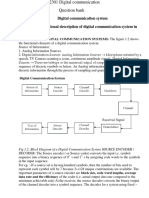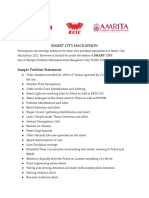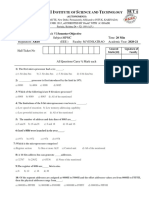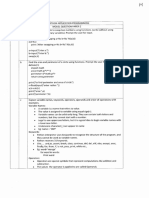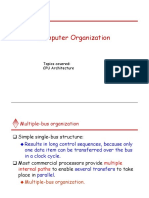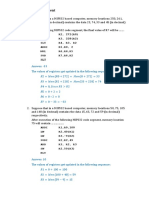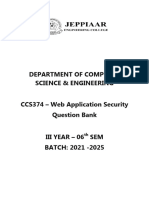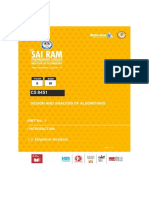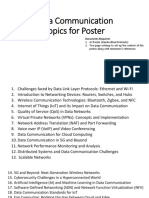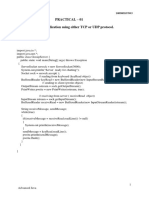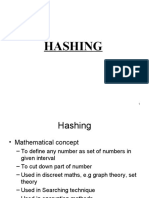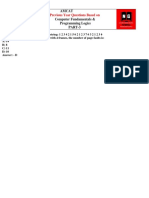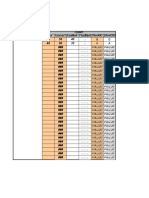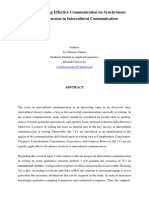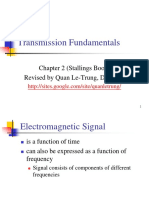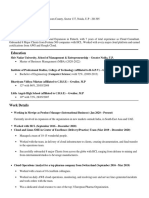0% found this document useful (0 votes)
352 views6 pagesCoding Questions TCS Cognizant 2025 Python
The document lists the top 20 coding questions and answers for Cognizant and TCS campus recruitment for the 2025 batch of freshers. Each question includes a specific input and output example, along with a Python code snippet to solve the problem. Topics covered include string manipulation, number theory, data structures, and algorithms.
Uploaded by
grddpspsx7Copyright
© © All Rights Reserved
We take content rights seriously. If you suspect this is your content, claim it here.
Available Formats
Download as PDF, TXT or read online on Scribd
0% found this document useful (0 votes)
352 views6 pagesCoding Questions TCS Cognizant 2025 Python
The document lists the top 20 coding questions and answers for Cognizant and TCS campus recruitment for the 2025 batch of freshers. Each question includes a specific input and output example, along with a Python code snippet to solve the problem. Topics covered include string manipulation, number theory, data structures, and algorithms.
Uploaded by
grddpspsx7Copyright
© © All Rights Reserved
We take content rights seriously. If you suspect this is your content, claim it here.
Available Formats
Download as PDF, TXT or read online on Scribd
/ 6
